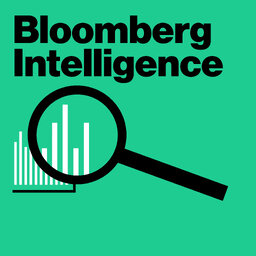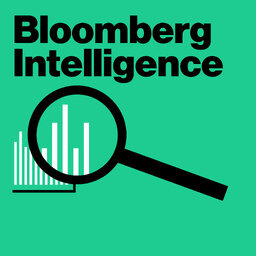Core PCE Rises at Mild Pace
Watch Alix and Paul LIVE every day on YouTube: http://bit.ly/3vTiACF.
Lauren Saidel-Baker, Economist and Senior Consulting Speaker, at ITR Economics discusses U.S PCE data. Tom Schoenberg, Bloomberg Senior Reporter, discusses U.S authorities accusing famed short-seller Andrew Left of committing fraud. Steven Major, Global Head of Fixed Income Research at HSBC, discusses the latest on the markets. Nathan Dean, Bloomberg Intelligence Senior Policy Analyst, discusses the latest on Kamala Harris’s presidential campaign. Amanda Albright, Bloomberg Muni Finance Reporter, joins the program to discuss the latest on the muni bond market.
Hosts: Alix Steel and John Tucker
In 1 playlist(s)
Bloomberg Intelligence
Scarlet Fu and Paul Sweeney harness the power of Bloomberg Intelligence to analyze market news and p…Social links
Follow podcast
Recent clips

BI Weekend: Delta Earnings, Google-Apple Deal, Lululemon Outlook
39:14

Trump Moves to Have Tech Giants Pay for Surging Power Costs
22:28

NYC Sues Delivery App Over Lost Pay in Mamdani Crackdown
28:26
 Bloomberg Intelligence
Bloomberg Intelligence